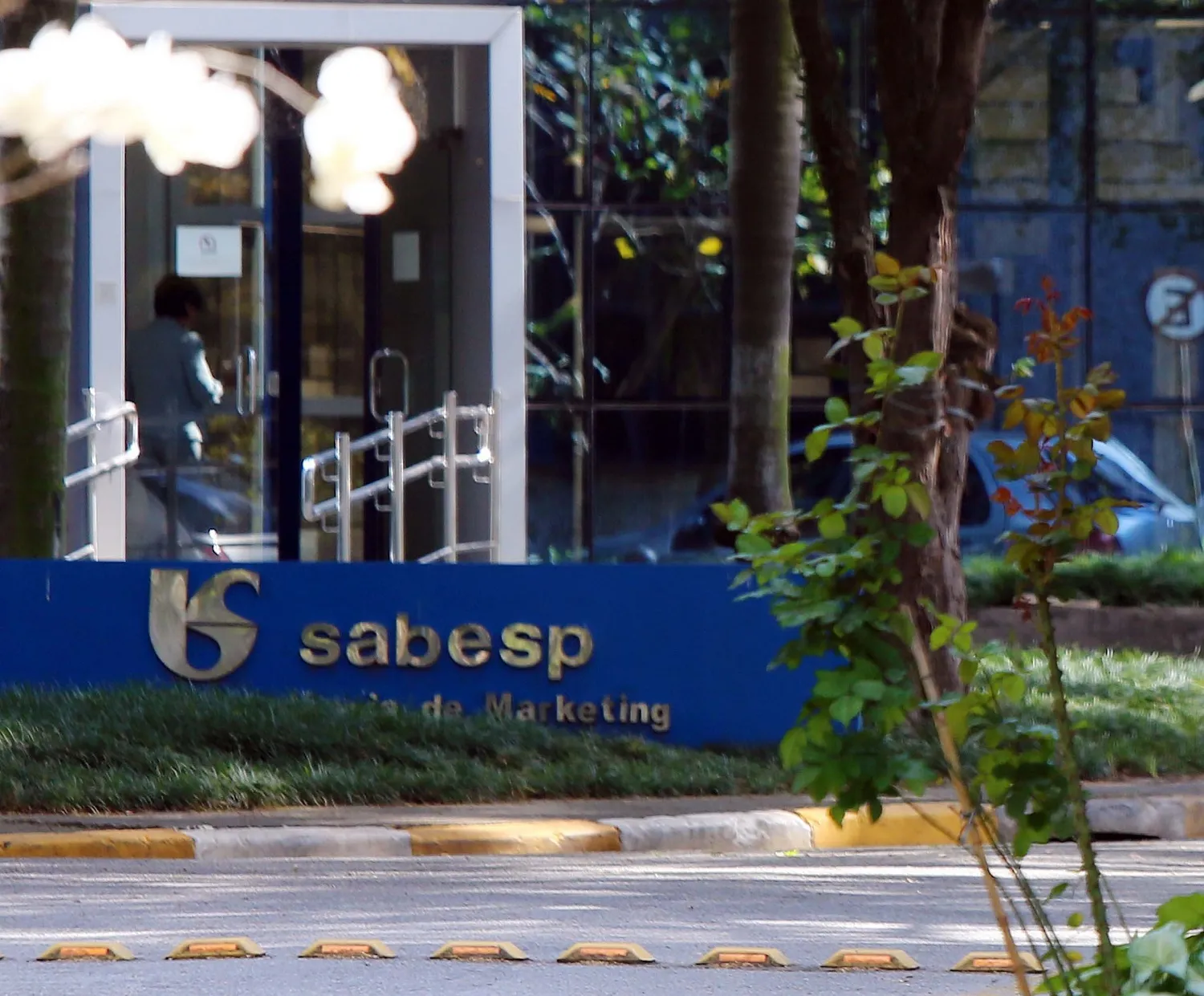In São Paulo, a key legislative session was disrupted to decide on the privatization of Sabesp, the state’s sanitation company.
This happened on Wednesday, December 6, 2023, at the São Paulo State Legislative Assembly (Alesp).
The disturbance began when protesters in the gallery pressed against the separating glass, showing their dissent.
The disruption occurred while left-leaning PT, Psol, and PSB party members were speaking against privatization.
Simultaneously, attendees in the gallery were loudly opposing the move. Tensions escalated as protesters started hitting and kicking the glass barrier.
To address the upheaval, Assembly President André do Prado, from PL-SP, requested Military Police reinforcement.
The police intervened using pepper spray and tear gas, causing discomfort among the crowd. This action led to coughing and tears, illustrating the intense situation.

The vote for that day was on bill PL 1.501 of 2023. Governor Tarcísio de Freitas initiated this bill to privatize Sabesp.
It”s review began two days prior, meeting the necessary criteria for a vote.
Governor Freitas asserts that selling Sabesp’s shares will aid in achieving sanitation goals.
These goals align with the New Legal Framework of Sanitation and aim to lower tariffs.
This proposed privatization forms part of Governor Tarcísio’s campaign promises. Since its introduction, it has drawn criticism from various political and social groups.
This opposition reflects the contentious nature of the privatization debate in Brazil.
The session’s interruption highlights the intense public and political response to such significant policy changes.
It underscores the crucial role of public opinion in shaping legislative outcomes.
This incident in Alesp serves as a reminder of the democratic process’s complexities, especially in matters of public interest.

